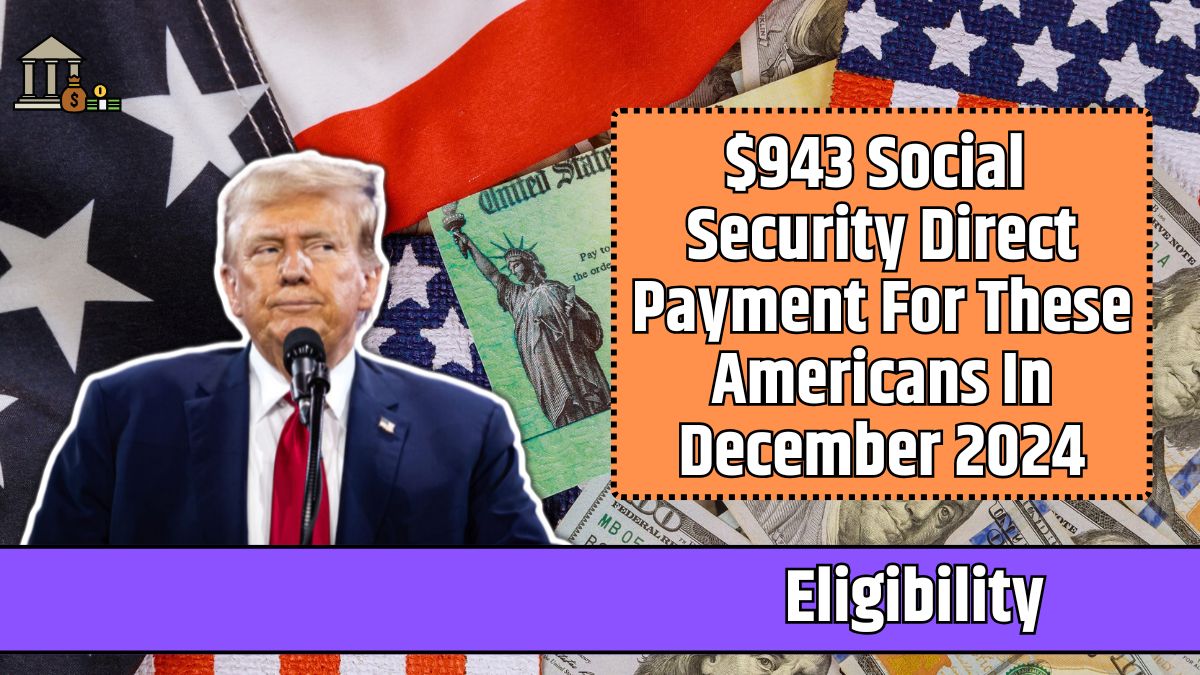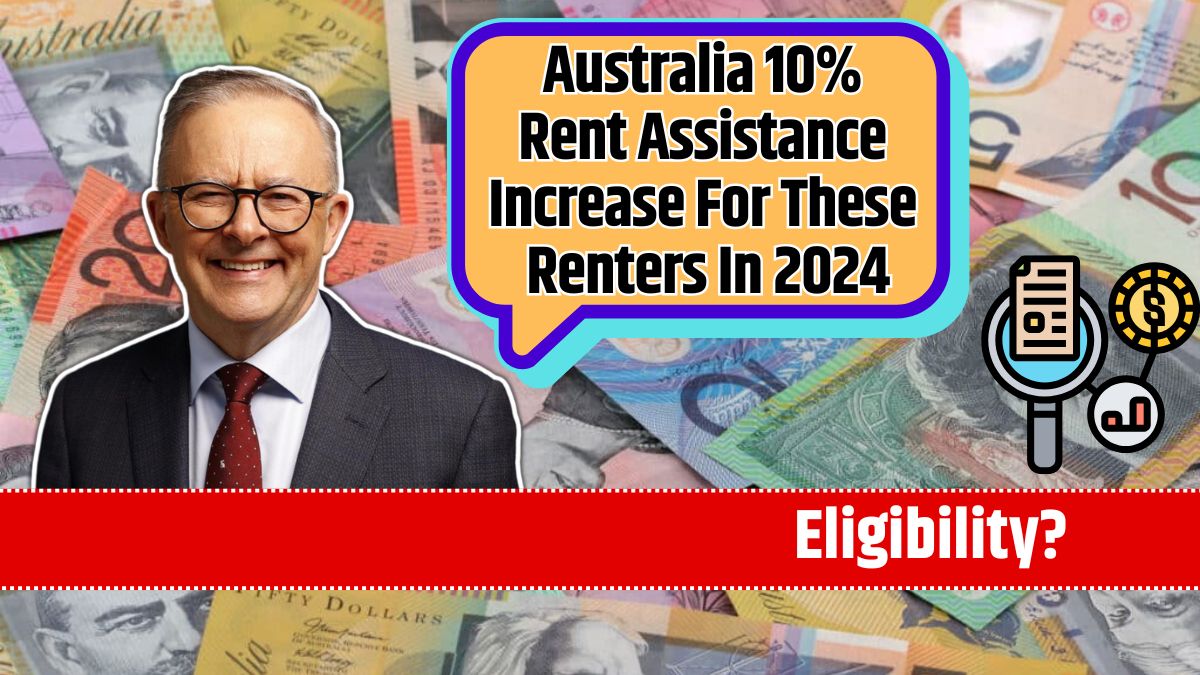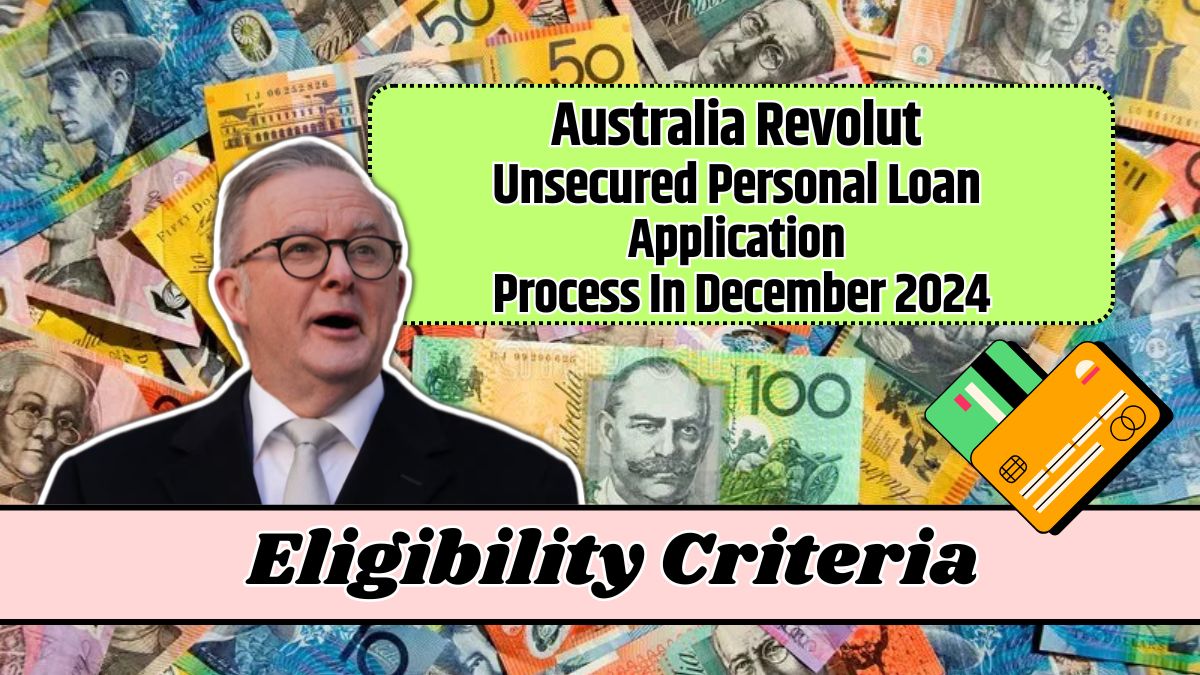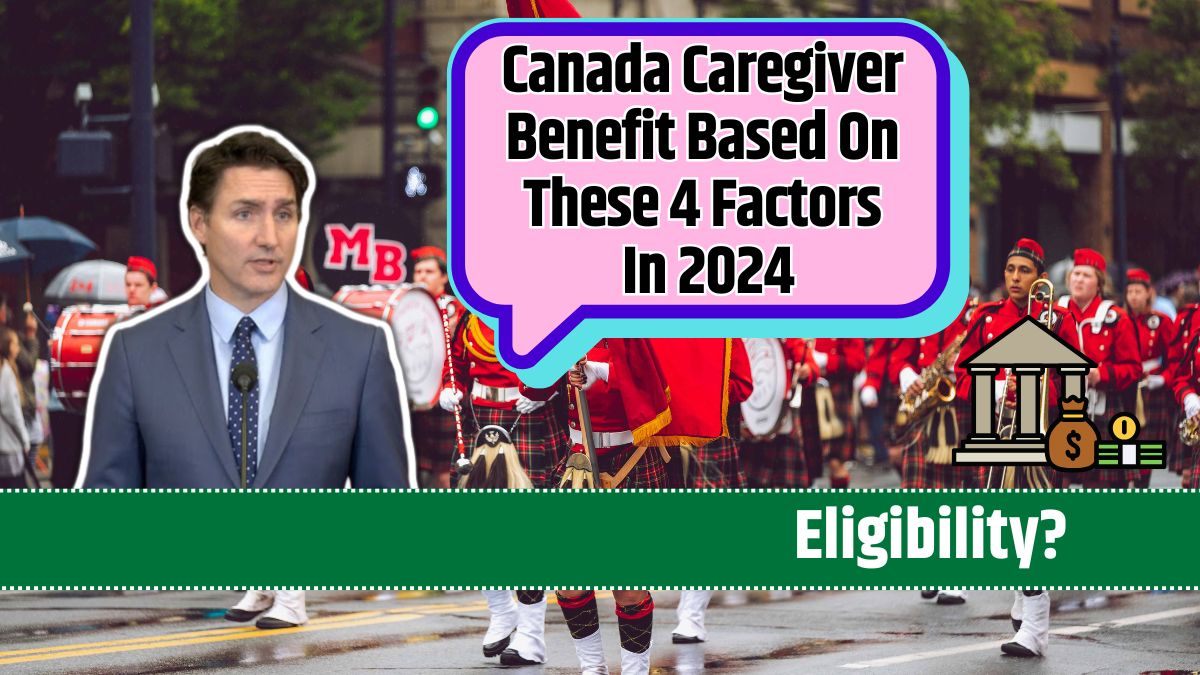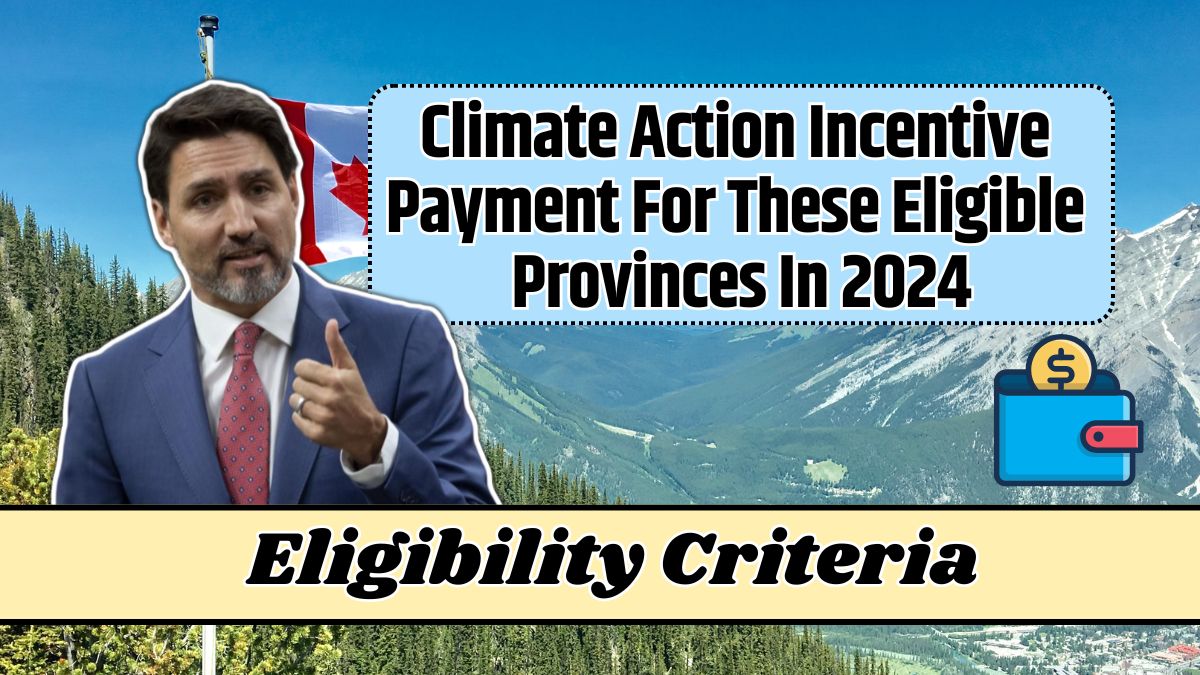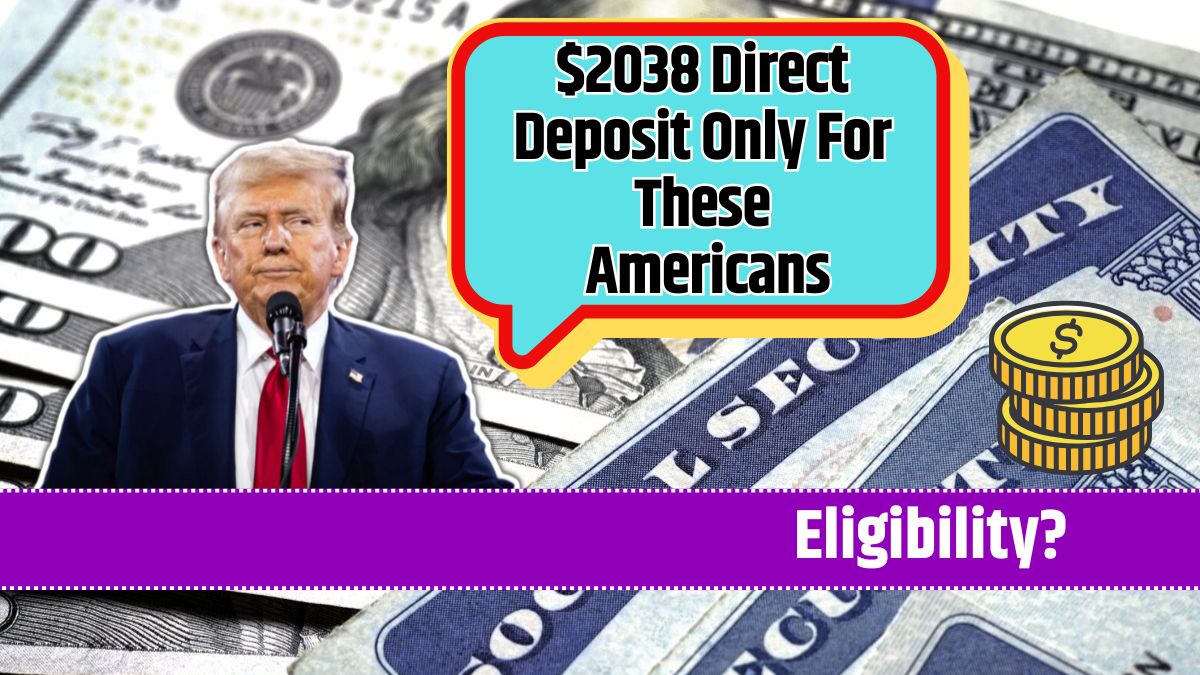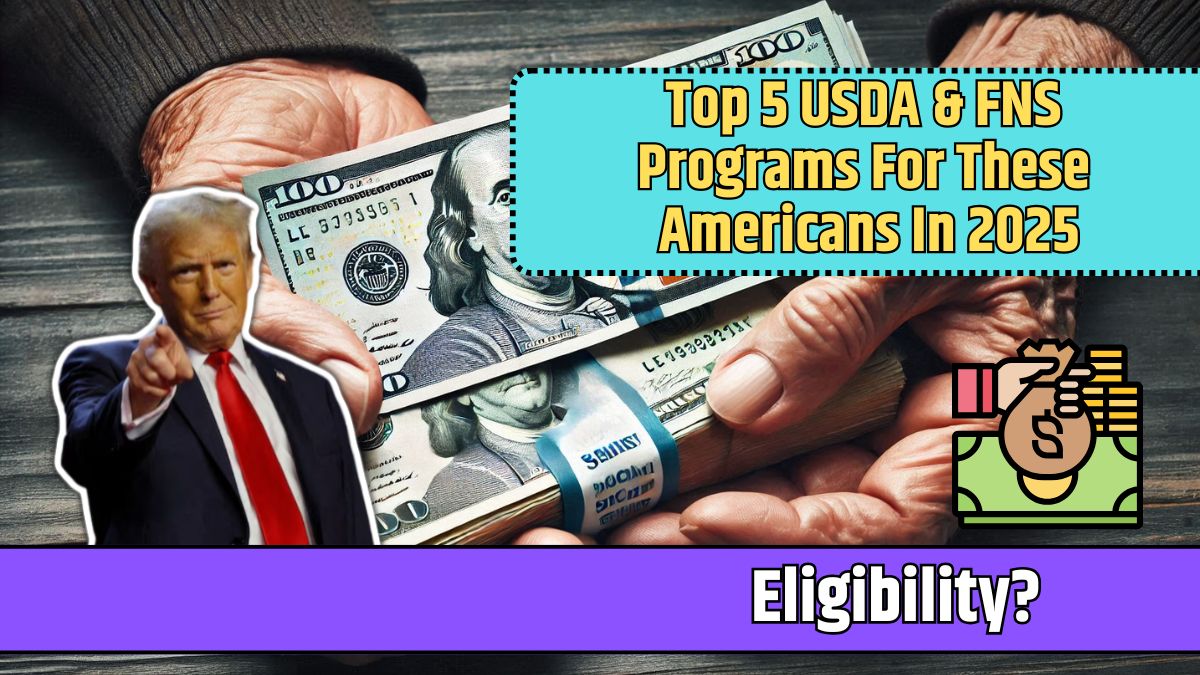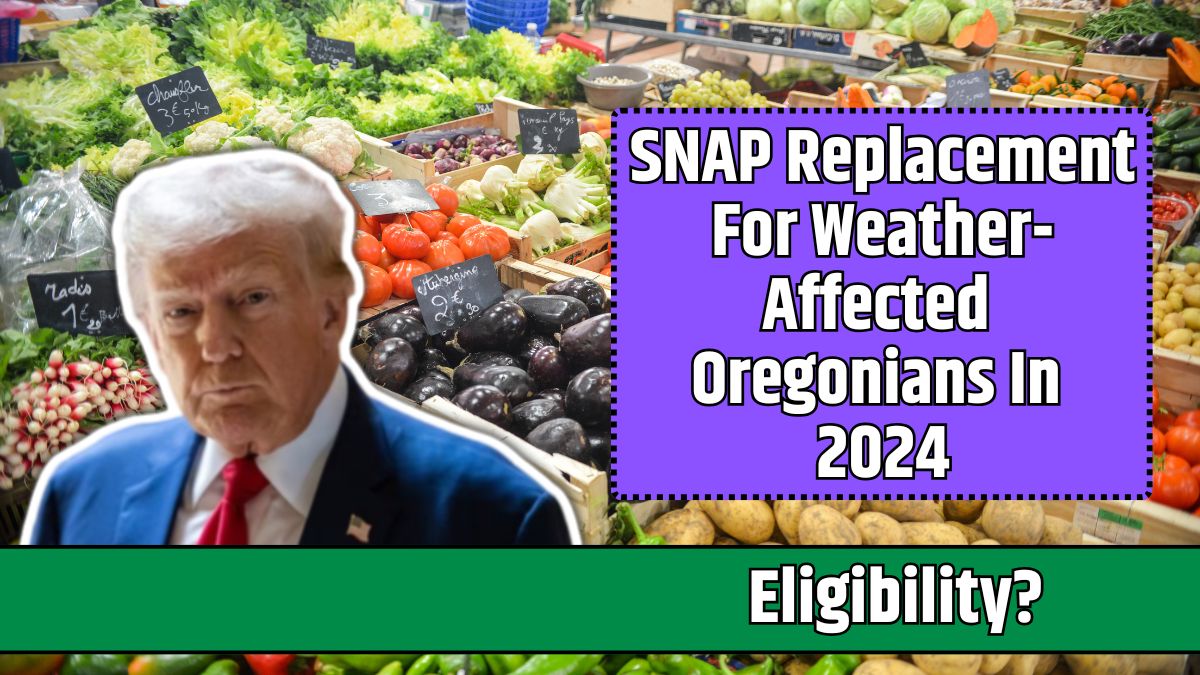The December 2024 Social Security Supplemental Security Income (SSI) payment of $943 is a crucial financial lifeline for millions of Americans. Scheduled for November 29, this payment helps recipients manage basic living expenses during the holiday season. Here’s a comprehensive guide to who qualifies, the payment schedule, and tips to manage benefits effectively.
SSI Program Overview
What is SSI?
The Supplemental Security Income (SSI) program offers monthly payments to low-income individuals who are elderly, blind, or disabled. Its primary goal is to ensure recipients can cover essential costs like housing, food, and medical care. For 2024, the federal maximum payment is set at $943 for individuals and $1,415 for couples.
Eligibility
Who Can Receive SSI?
- Age or Disability:
- Aged 65 or older.
- Legally blind or have a qualifying disability.
- Income and Resource Limits:
- Income: SSI is for those with minimal income, including wages, pensions, or support from others.
- Resources: Total assets must not exceed $2,000 for individuals or $3,000 for couples. Exemptions include a primary residence, personal items, and one vehicle.
- Residency:
- Must reside in the U.S. (50 states, D.C., or the Northern Mariana Islands).
- Exceptions apply for children of military personnel stationed overseas.
Payment Details
December 2024 Payment Schedule
SSI payments are usually issued on the first of the month. However, when the first falls on a weekend or federal holiday, the payment is advanced. For December 2024:
- December Payment Date: November 29, 2024 (since December 1 is a Sunday).
- January 2025 Payment Date: December 31, 2024 (to account for the January 1 holiday).
Note: While two payments are issued in November, this is a scheduling adjustment, not a bonus. There will be no payment in December.
How Much Will You Receive?
The exact payment depends on individual circumstances:
| Criteria | Max Payment | Adjusted Payment |
|---|---|---|
| Individual with no income | $943 | May decrease if other income is present. |
| Couple with no income | $1,415 | May decrease based on living arrangements or state supplements. |
| Living in someone’s home | Less than $943 | Adjusted for in-kind support. |
Some states add supplemental payments, so check local guidelines to see if you qualify for additional benefits.
Cost-of-Living Adjustment (COLA)
SSI payments for 2024 include a 3.2% Cost-of-Living Adjustment (COLA) to account for inflation. This annual increase helps recipients maintain purchasing power amid rising costs for necessities like groceries, utilities, and medical expenses.
Financial Planning Tips for SSI Recipients
Managing limited resources can be challenging, but a little planning goes a long way:
- Budget Wisely:
- Track your monthly income and expenses, prioritizing essentials like housing and utilities.
- Account for the adjusted schedule with payments in late November and December.
- Leverage Community Resources:
- Look for assistance programs like Supplemental Nutrition Assistance Program (SNAP) or local charities for food, transportation, and other needs.
- Save on Healthcare Costs:
- Check your eligibility for Medicaid or state-run health programs, which can significantly lower out-of-pocket medical expenses.
- Plan for Payment Adjustments:
- Since December’s payment comes in November, stretch your budget to cover a longer gap until the January payment arrives on December 31.
Addressing Common Misconceptions
- Is SSI the Same as SSDI?
No, SSI and Social Security Disability Insurance (SSDI) serve different purposes. SSI supports those with financial need regardless of work history, while SSDI benefits individuals who have worked and paid into Social Security but can no longer work due to a disability. - Does Two Payments in November Mean Extra Benefits?
No, the double payment in November is a schedule adjustment. There will be no SSI disbursement in December.
These details should help you understand and plan for your December 2024 SSI benefits. Remember, the Social Security Administration (SSA) website is a great resource for additional assistance or questions about your payments.

